Forgotten Treasures of the Pulps: Tony Rome, Private Eye
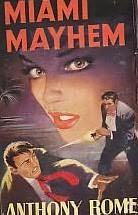
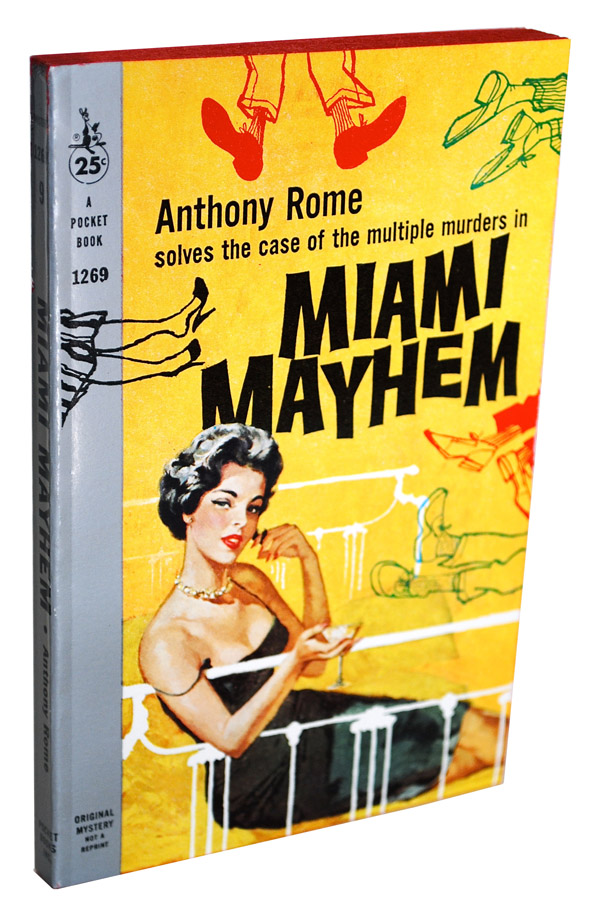 The paperback original (PBO to collectors) was the immediate successor to the pulp magazine as the home of pulp fiction. Marvin Albert was one of the bright lights of the paperback original market for detective fiction.
The paperback original (PBO to collectors) was the immediate successor to the pulp magazine as the home of pulp fiction. Marvin Albert was one of the bright lights of the paperback original market for detective fiction.
Albert’s work is revered in France, where he is considered a master of the hardboiled form, but he is largely forgotten stateside since his work lacks the literary polish of Dashiell Hammett or Raymond Chandler and was never shocking like Mickey Spillane. Albert may not have broken new ground, but he did excel at crafting hardboiled private eye stories in the classic tradition from the 1950s through the 1980s.
Much like Max Allan Collins or Michael Avallone, he also supplemented his income by adapting screenplays as movie tie-in novels for the paperback original market. Oddly enough, Albert specialized in bedroom farces for his movie tie-in assignments, in sharp contrast to his tough guy crime novels and westerns.
Albert utilized a number of pseudonyms during his career (although many of these titles were reprinted under his real name towards the end of his life). He published three hardboiled mysteries featuring a tough private eye called Tony Rome in the early 1960s. The books were published under the byline of Anthony Rome, as if to suggest the tales being told were real cases.
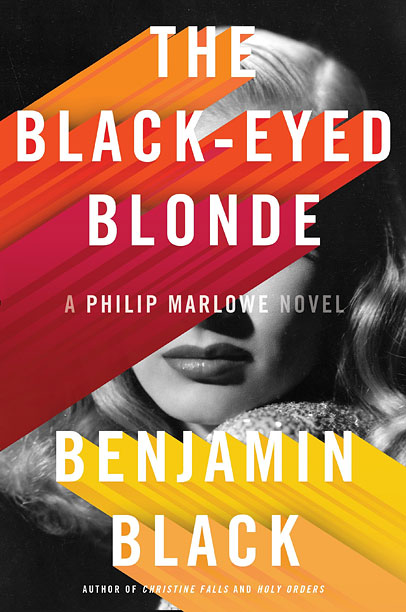
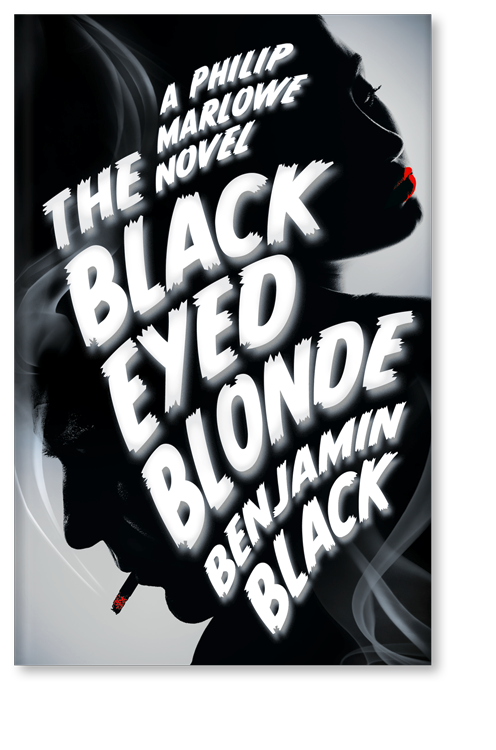
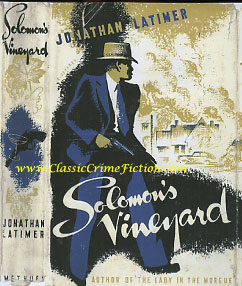
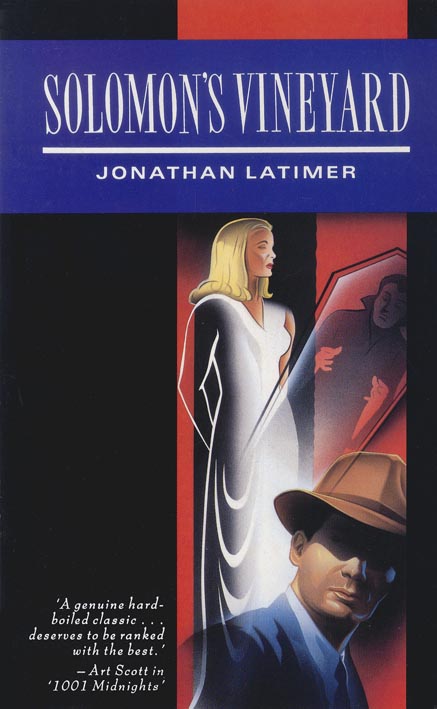
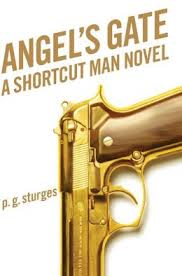
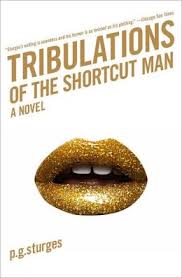
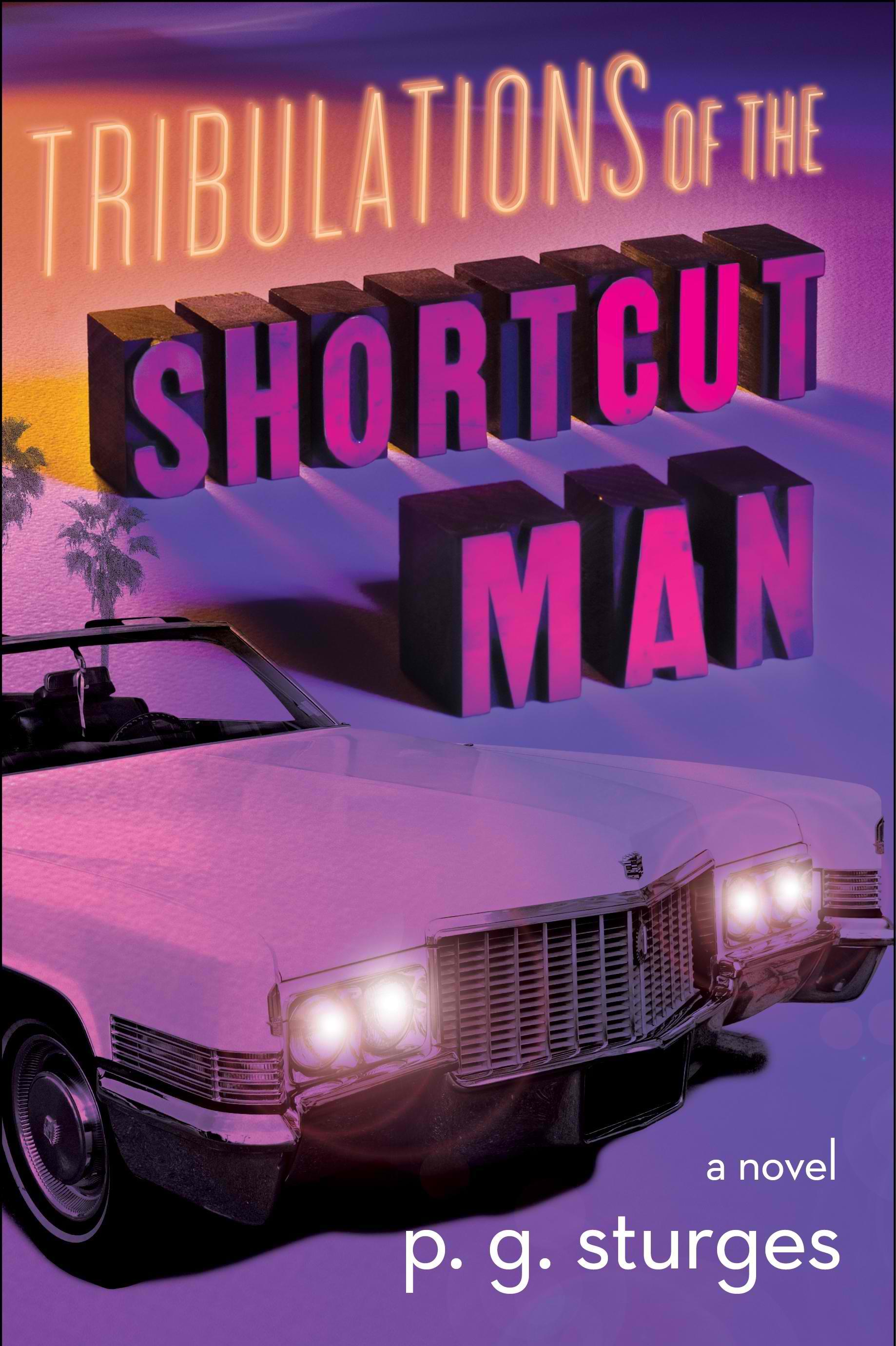
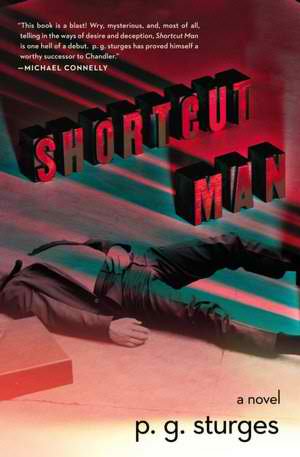

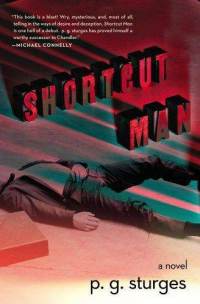
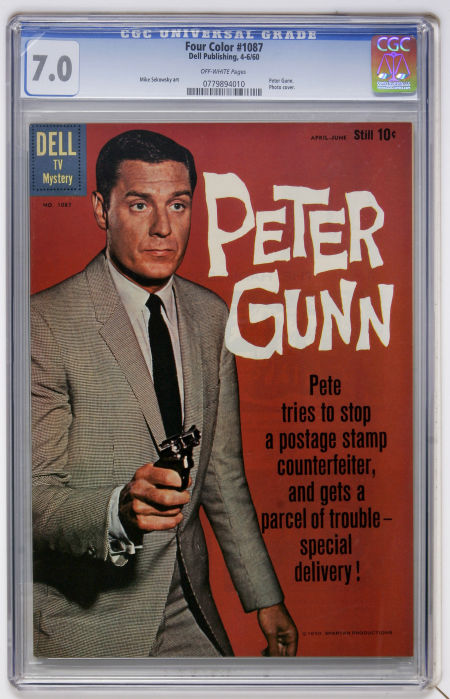
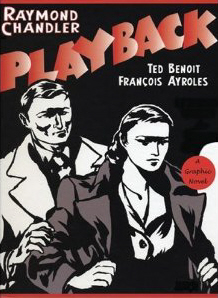
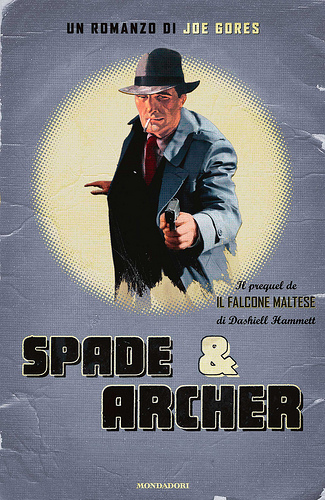
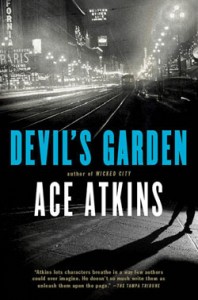 Thirty-five years earlier, Gores had likewise fictionalized Hammett’s Pinkerton days when he immersed himself in real and imagined political corruption in Roaring Twenties San Francisco in his novel, Hammett.
Thirty-five years earlier, Gores had likewise fictionalized Hammett’s Pinkerton days when he immersed himself in real and imagined political corruption in Roaring Twenties San Francisco in his novel, Hammett.